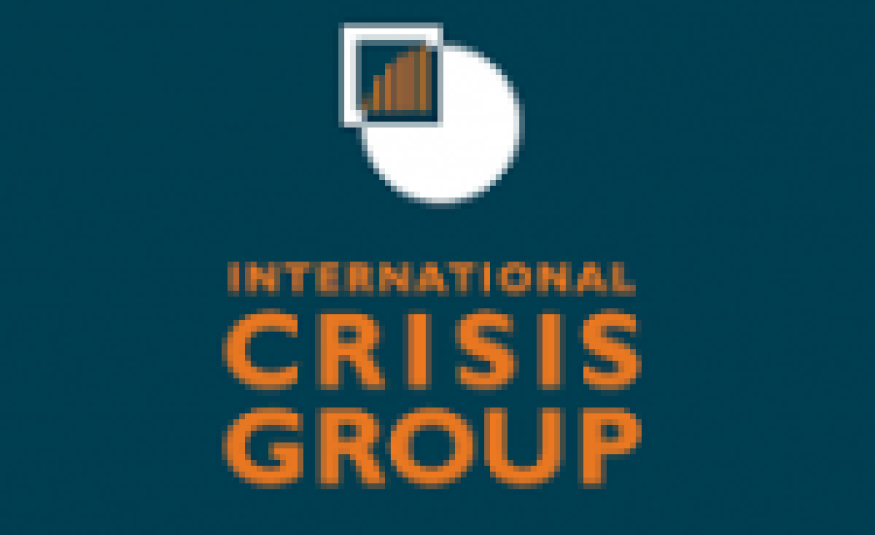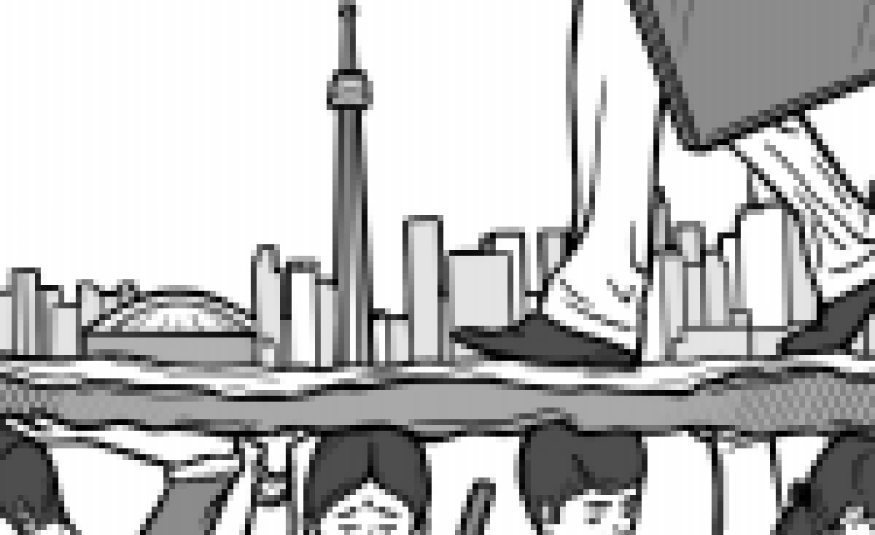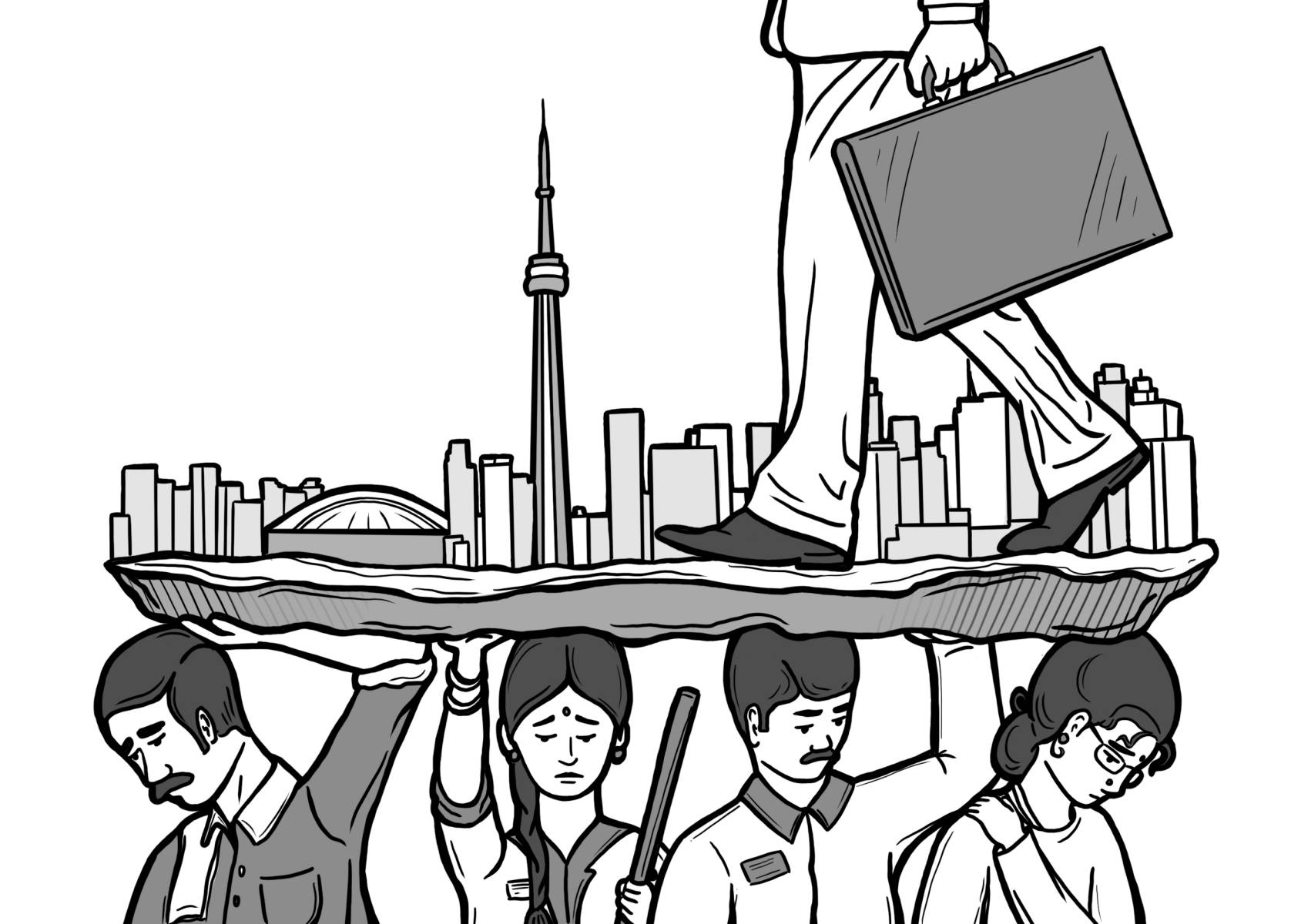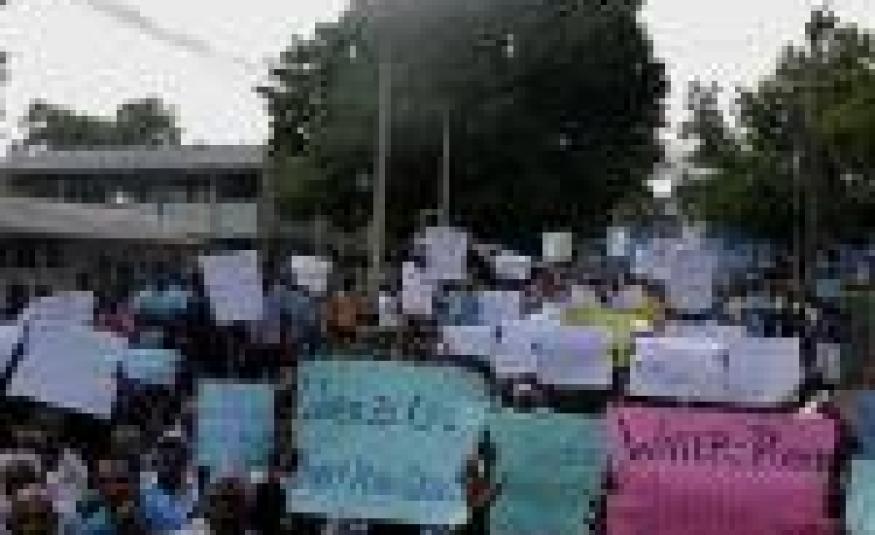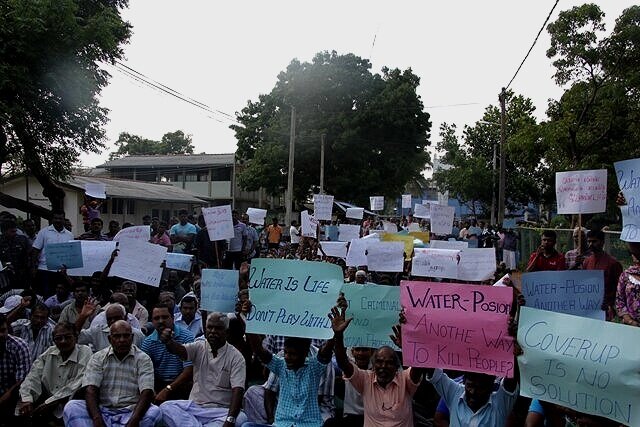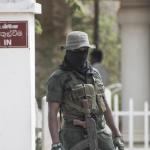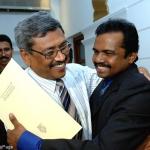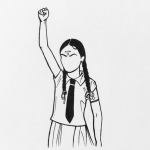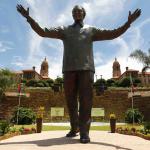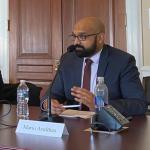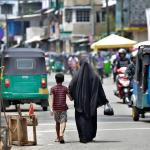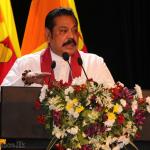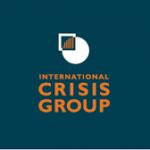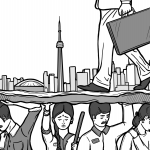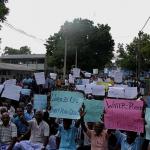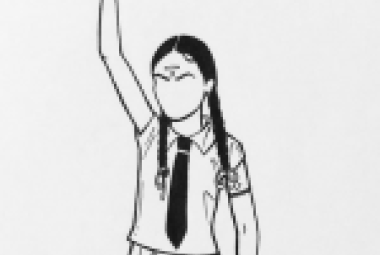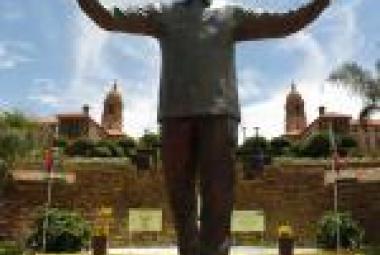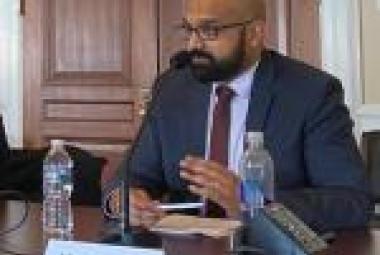A few weeks ago, Tamil news cycles were dominated by coverage of an interview given by the Tamil National Alliance Spokesperson M.A. Sumanthiran to a Sinhala media site. During the course of the interview, he made several comments which created controversy and outrage amongst Tamils.
The resulting conversation in Sri Lanka’s English-language spaces however failed to discern the actual issues. Instead, commentators opposed to the idea of Tamil nationalism, both Tamil and Sinhala, focused on the “traitorisation” phenomenon in Tamil politics, which predates the war and resulted in the killing of Tamil “moderates” by the LTTE and others.
One writer, a relative of Sumanthiran, even spuriously claimed “traitorisation is running amok again,” comparing the current verbal attacks to a time when so-called “traitors” were hung from lamp-posts and assassinated. The trivialisation of this “traitorisation” issue by many throws doubt on whether they were made due to a genuine desire for Tamil introspection about these issues. Rather the intention appeared to be to use it to attack Tamil nationalism and to paint Sumanthiran as a victim of these “Tamil extremists”.


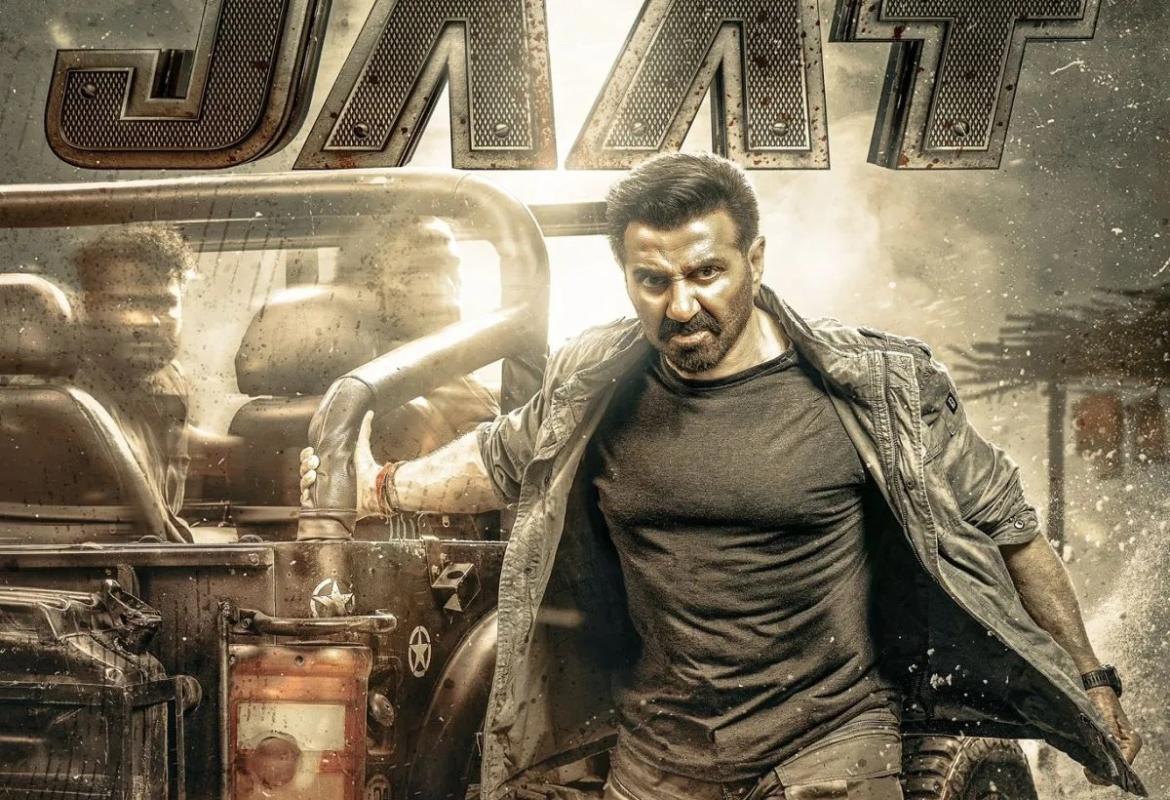
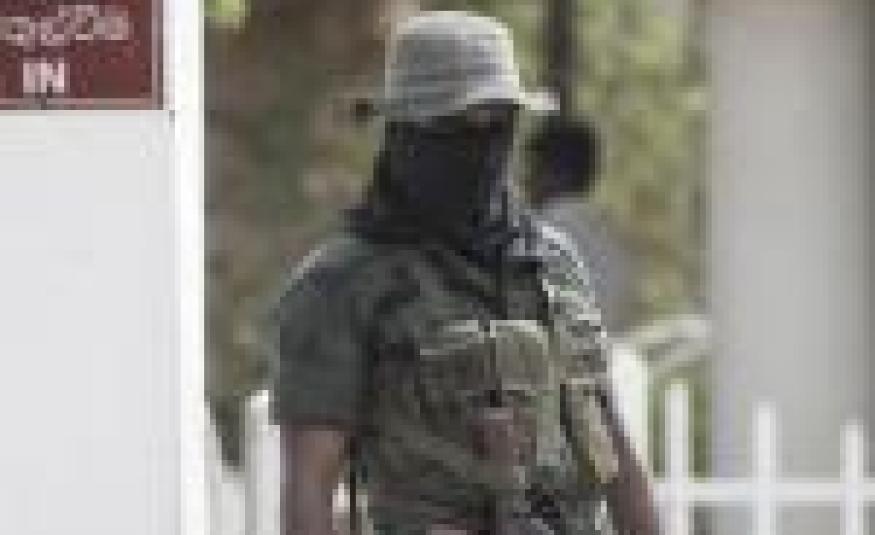
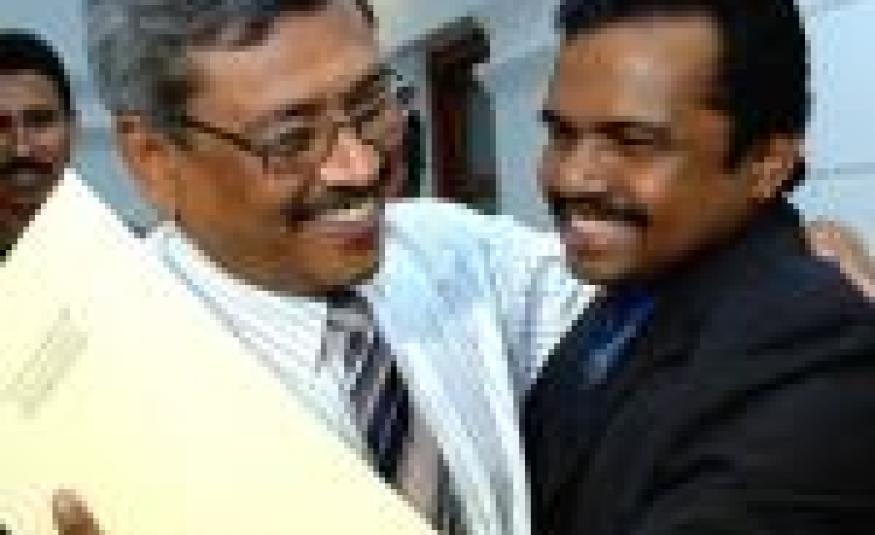
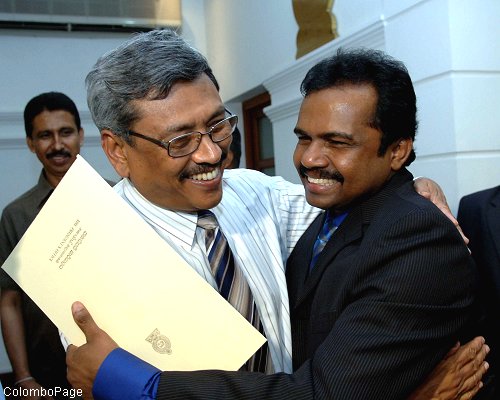

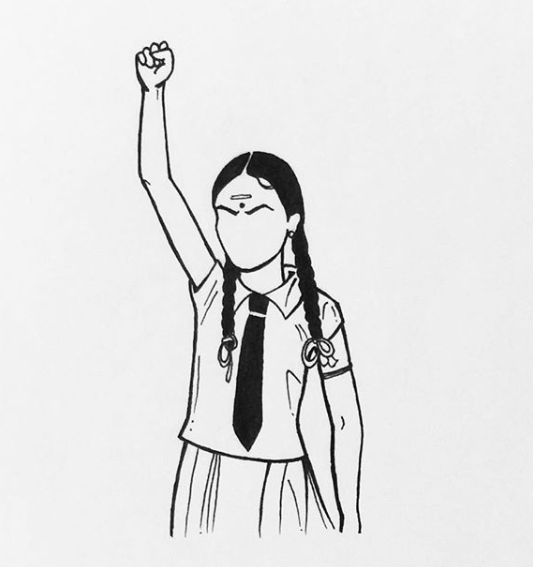
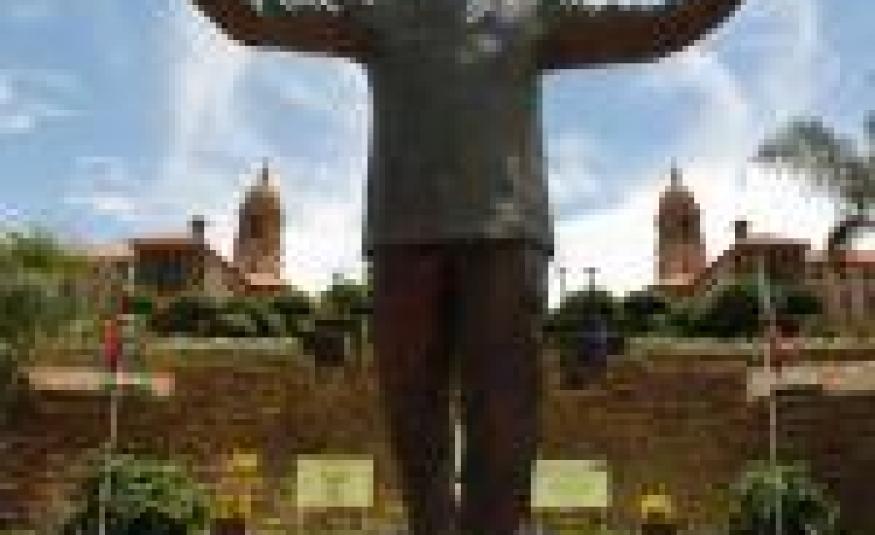
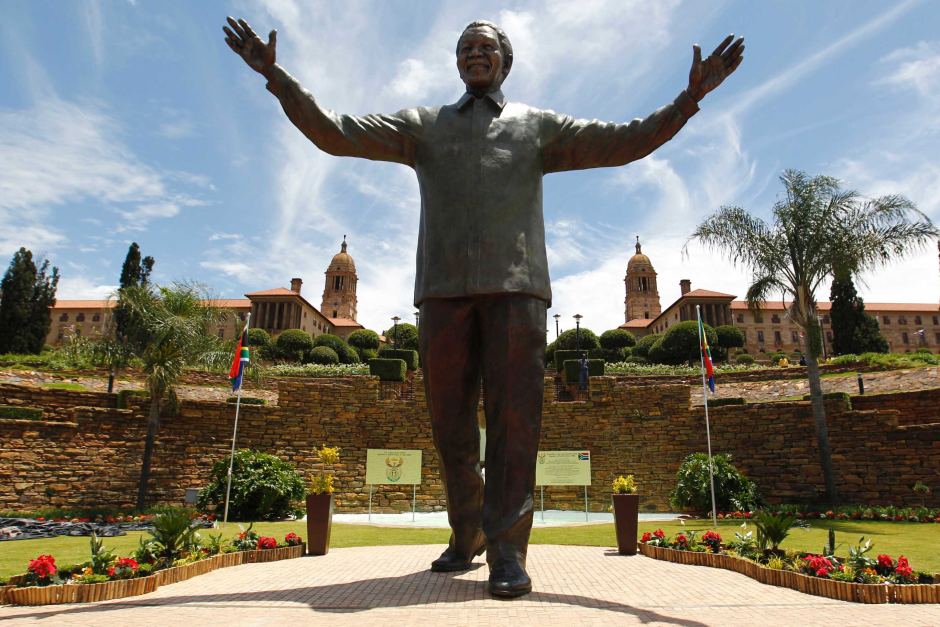
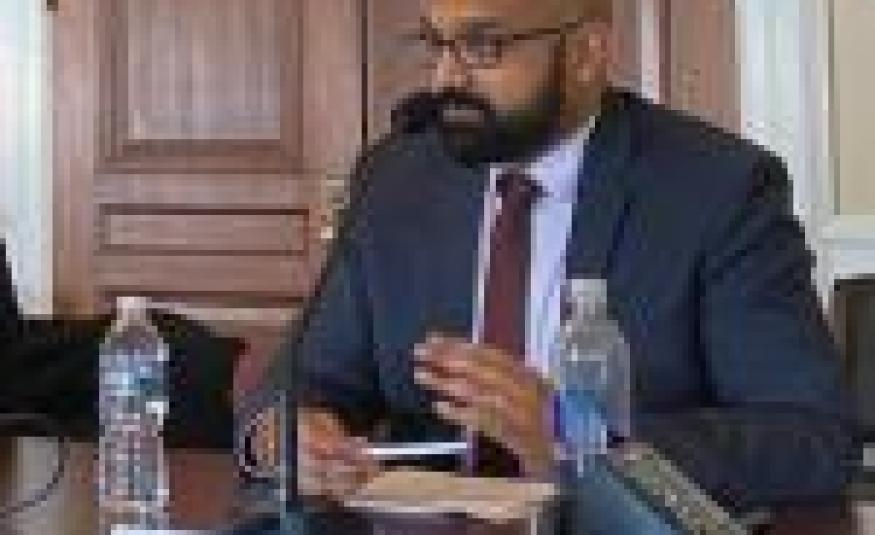
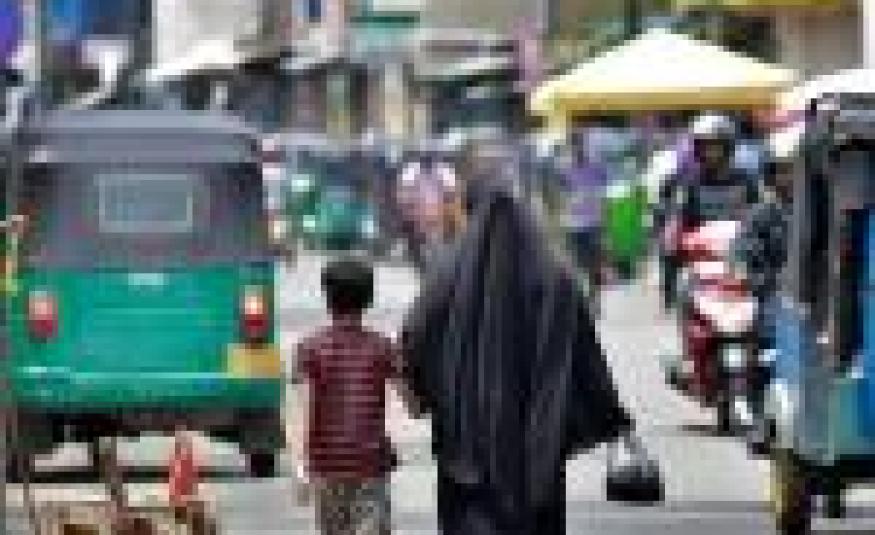
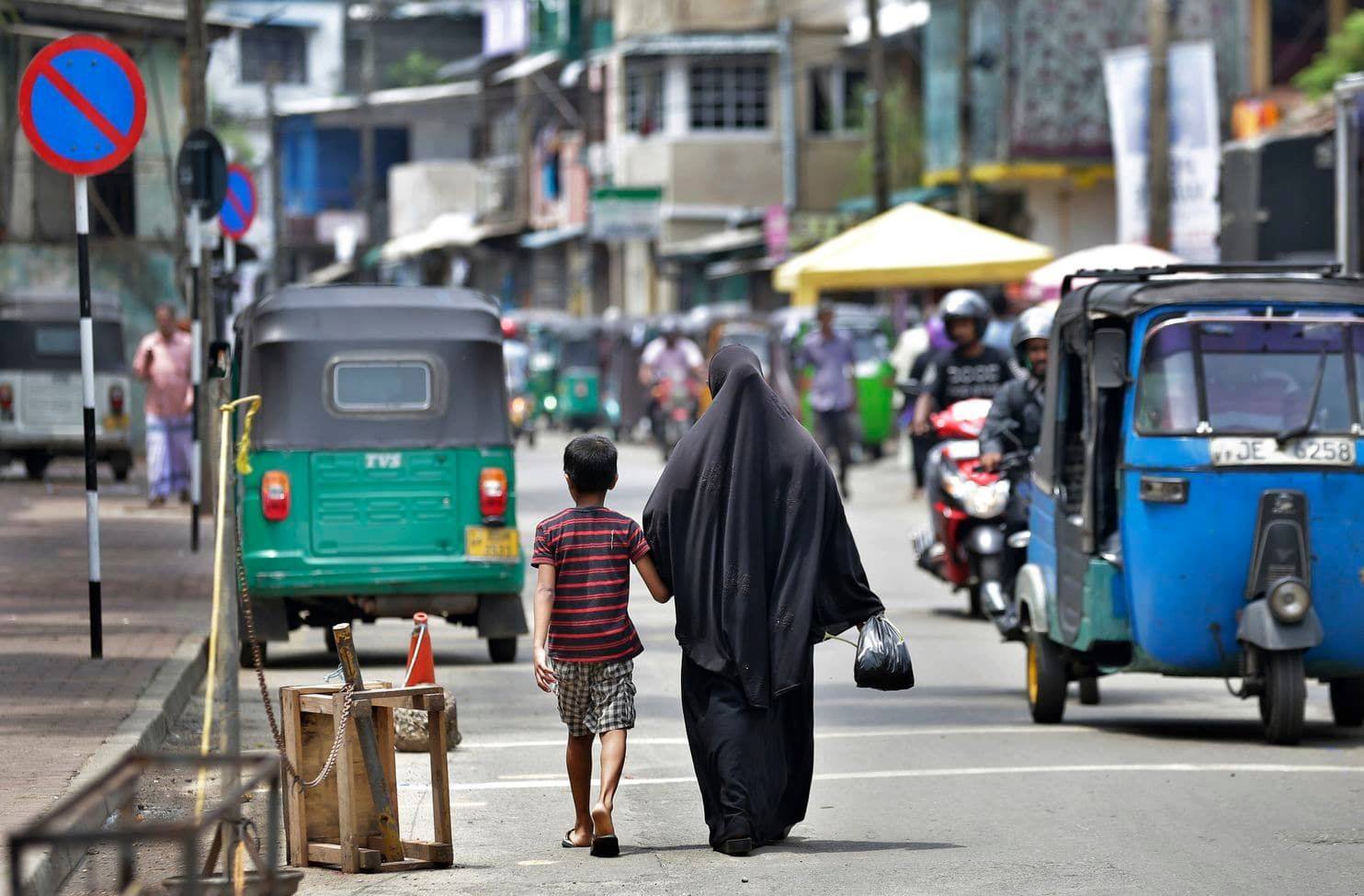
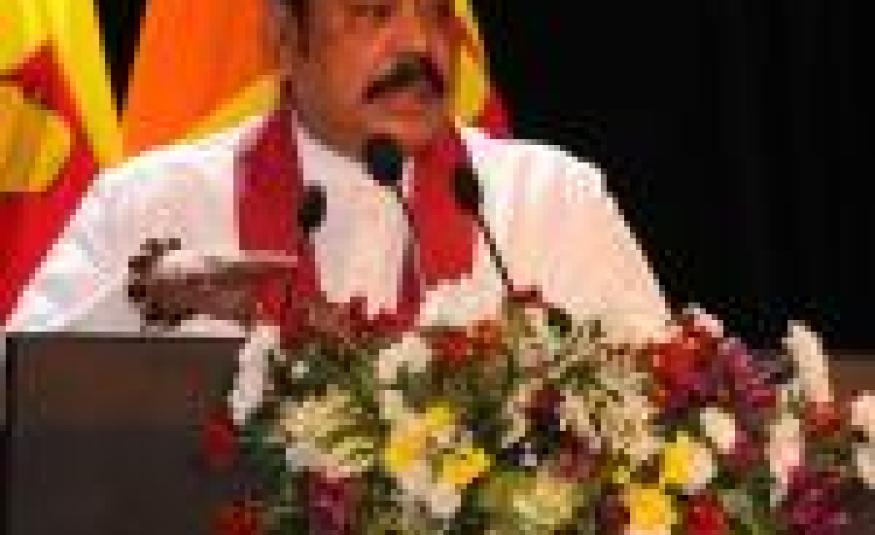
.jpg)
